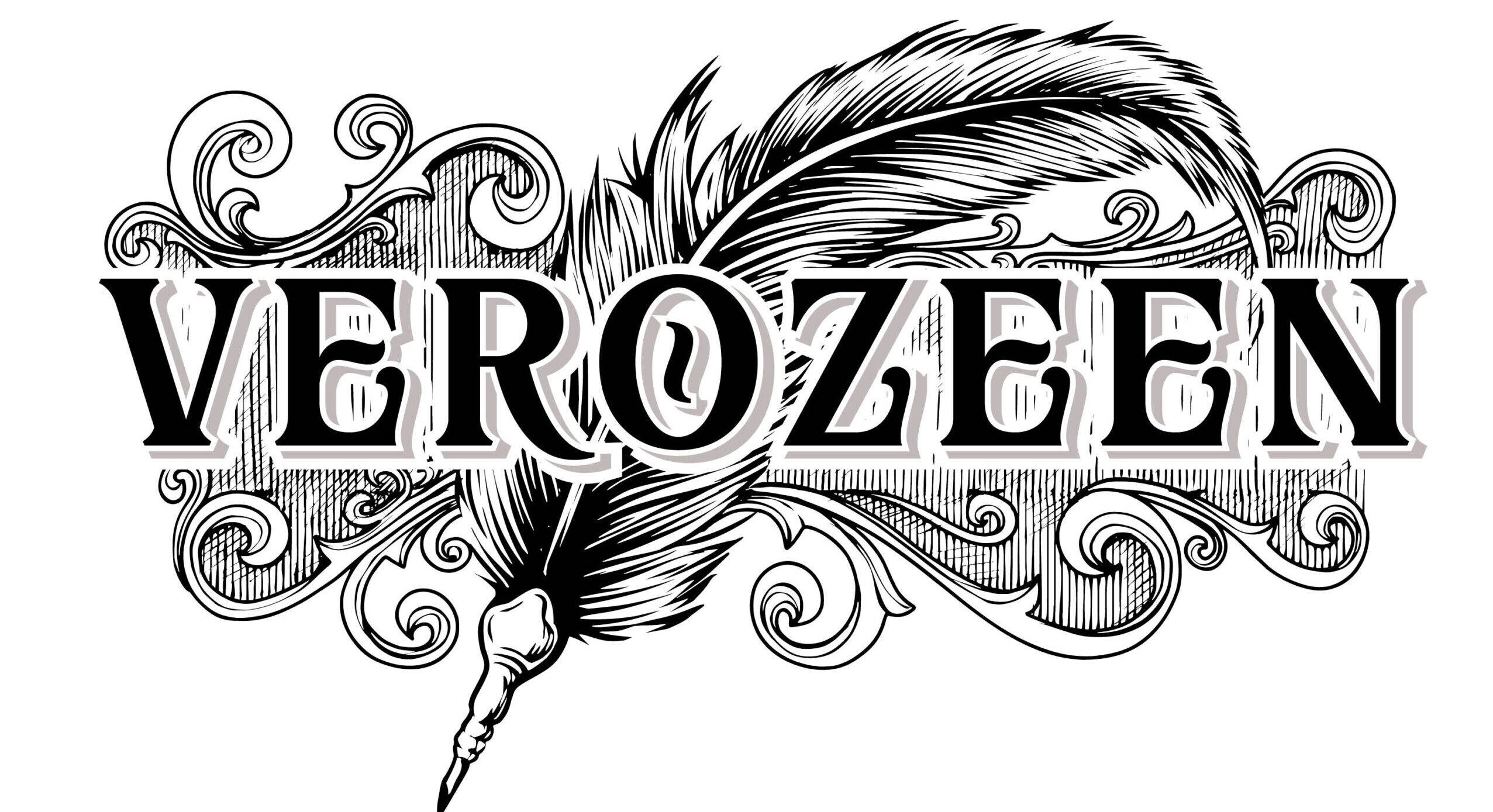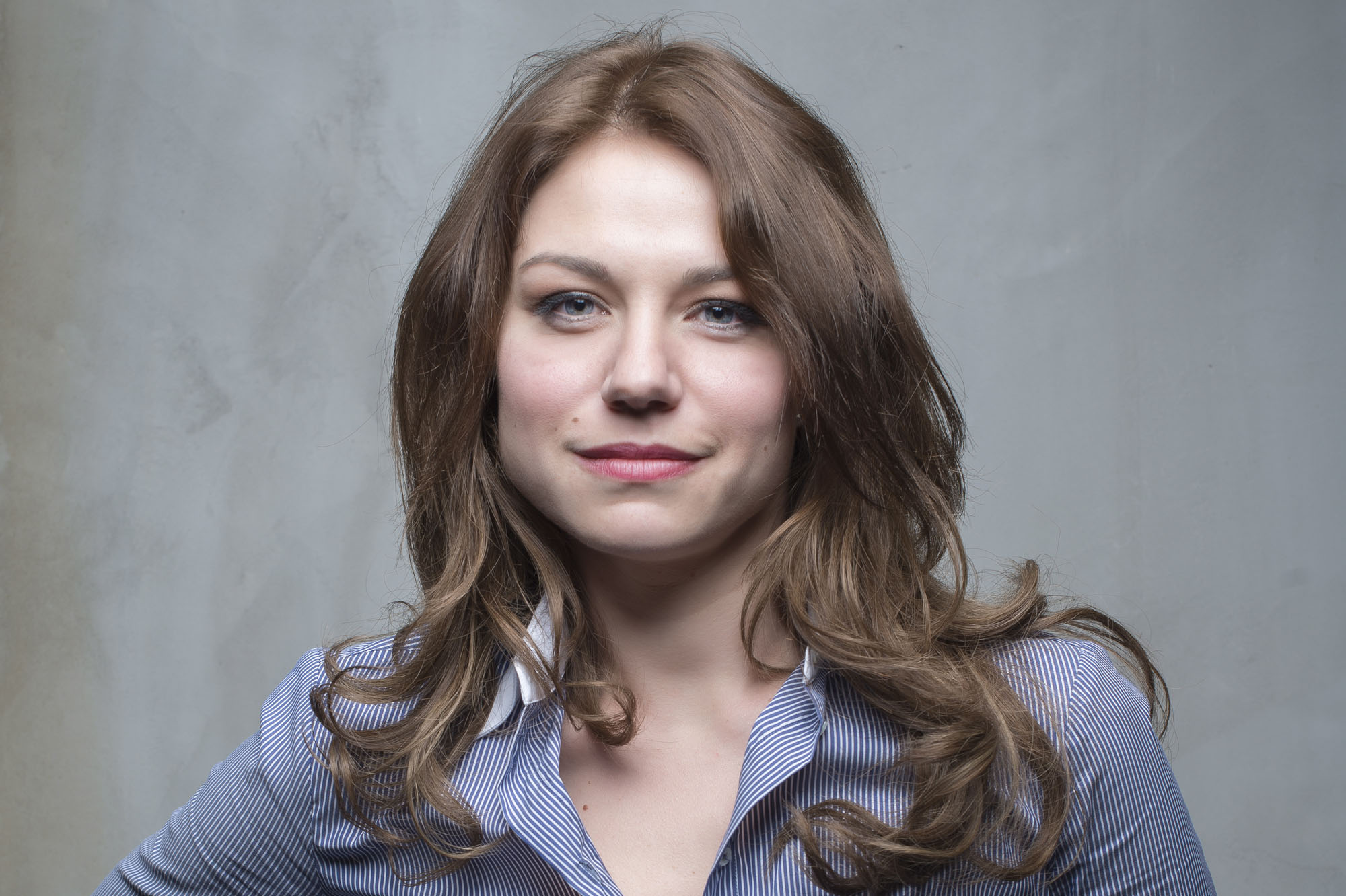On March 16, 2025, the world bid farewell to Émilie Dequenne, the award-winning Belgian actress whose life was tragically cut short at the age of 43. Diagnosed with corticosurrénalome, a rare adrenal cancer, in October 2023, Émilie faced her illness with remarkable courage. Despite a brief period of remission in 2024, her condition relapsed, and she passed away after a relentless battle. Her story is not just one of personal resilience but also a stark reminder of the challenges faced by those with rare diseases—conditions that often remain in the shadows of medical research and public attention.
Unlike the global urgency seen during the COVID-19 pandemic, where laboratories raced to develop vaccines driven by both the need to save lives and the promise of financial rewards, rare diseases lack such incentives. They don’t attract the same funding or recognition, leaving patients to navigate their battles with limited resources. This is why it’s crucial for individuals to take charge of their health, monitor their bodies, and seek answers even when the system falls short.
The Forgotten Frontlines
Picture this: a young actor rises to fame, charming audiences around the world with his talent. Behind the smiles, however, lies a lifelong battle with cleidocranial dysplasia—a rare genetic condition affecting bone development. Gaten Matarazzo, known for his role in Stranger Things, turned his journey into an opportunity to educate millions. He’s not just an actor; he’s a storyteller of resilience, showing the world what it means to live beyond the diagnosis.
Rare conditions like Gaten’s or Émilie’s may not capture the world’s attention, but their stories highlight the courage it takes to fight when the odds—and the system—feel stacked against you.
The Silent Battles Within
Selena Gomez once stood on stage under a spotlight, radiating success. Behind the scenes, though, lupus—a chronic autoimmune disease—was threatening to steal her voice, her strength, and even her life. When she revealed her kidney transplant to the world, it wasn’t just a confession—it was a declaration of strength. Her journey isn’t unique, but her willingness to share it is what makes it powerful.
These stories reveal one common truth: rare diseases often hide in the shadows. They creep through lives unnoticed, with symptoms mistaken for something trivial—fatigue, an ache here, a rash there. Early diagnosis is often the only lifeline, but in many cases, it comes too late.
Lessons from the Past, Hope for the Future
When COVID-19 took the world by storm, it wasn’t just the virus that went viral—it was the urgency. Every lab, every scientist, every funding agency rushed to solve the problem. The stakes weren’t just human lives—they were also financial rewards and global recognition.
But rare diseases? They don’t generate headlines, let alone funding. Pharmaceutical companies aren’t rushing to invest in conditions that don’t promise profits. This is why individuals need to step up—to educate themselves, to push for conversations, and to take their health seriously. Émilie Dequenne’s fight reminds us that while systemic change is crucial, it starts with personal awareness.
Rare diseases and cancers may not dominate the news, but their impact is deeply personal and profoundly human. They are stories of quiet battles, of resilience, of love and loss. Émilie Dequenne, Gaten Matarazzo, Selena Gomez—they’re not just names or faces but chapters in a larger story of health, hope, and humanity.
We owe it to ourselves to listen to these stories, to share them, and to prioritize our own well-being. Because sometimes, the smallest actions—like scheduling a check-up, asking a question, or sparking a conversation—can rewrite someone’s story, including our own.






